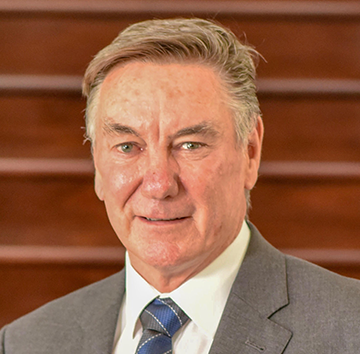AgriFutures Australia, in partnership with ManukaLife are delivering the project Greenhouse production of high-grade medical mono floral Manuka honey – 2021. This project aims to produce the world’s first high grade mono floral Manuka honey. This will be achieved by integrating honey bees into green houses with plants trialled in the project Leptospermum Plant Breeding Program for Development of High-grade Manuka Honey. By containing both the Leptospermum plants and the honey bee within the greenhouse, it will allow for high-grade, ‘pure’ Manuka honey production.
Managing Director of ManukaLife, Paul Callander is extremely pleased to have the support of AgriFutures Australia for this important work for the Manuka honey industry.
Why is this research work so important?
Creating elite clonal genetics of high value enables the production of high strength manuka honey. Production of this grade allows use of the natural products, along with backing by science and research to create value add products in the pharmaceutical and medical industries. From an agricultural perspective, to grow leptospermum in large, enclosed areas with water will de risk some of the agricultural issues and still provide high internal rates of return on the plantings. With the integration of bees this will also produce more monofloral manuka honey.
How will this research benefit the Manuka honey industry?
When we prove the concept, we will be able to license the genetics and IP to third parties who are interested in establishing these kinds of plantations. The enclosed environment concepts have already been proven from an additional yield and return perspective, being used for pollination of blueberries, strawberries and blackberries, to name a few.
Why have you decided to look at the industry and research differently?
Just like any industry you have to look at things from a continuous improvement perspective and how you can maximise effectiveness and opportunities to achieve your goals. When you look at the agricultural industry, we need to do more with less and need to continue to innovate. By 2050 we will need 50% more food for our growing population.











